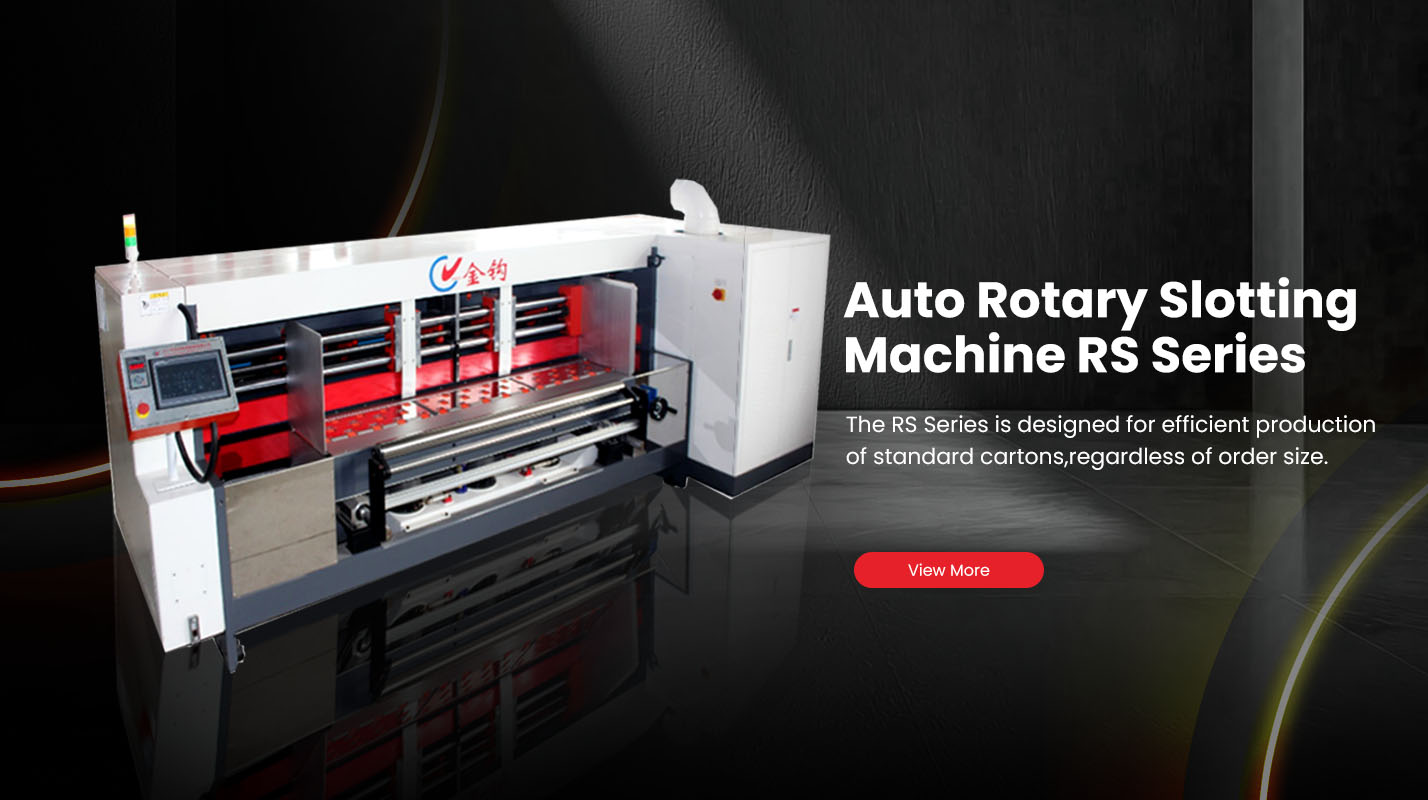How To Make Box Cardboard
How To Make Box Cardboard
Cardboard boxes are one of the most widely used packaging solutions in the world. From e-commerce shipping to retail storage, they provide a reliable, eco-friendly, and cost-effective way to protect goods during transport. As a professional cardboard box supplier, we will guide you step by step on how to make box cardboard and explain why choosing a reliable manufacturer matters for your business.
Why Cardboard Boxes Are Essential
Cardboard boxes are valued for their strength, recyclability, and versatility. They can be customized in different thicknesses, shapes, and sizes, making them suitable for everything from lightweight consumer products to heavy industrial equipment. For companies, using high-quality cardboard packaging ensures safe delivery, enhances brand image, and reduces logistics costs.
Materials Needed To Make Box Cardboard
Before starting the process, you will need:
Corrugated cardboard sheets – available in single, double, or triple wall options
Cutting tools – utility knife, box cutter, or industrial die-cutting machine
Measuring tools – ruler, T-square, or template for accuracy
Adhesives – glue, packing tape, or hot-melt adhesive for sealing
Optional printing equipment – for adding logos, barcodes, or product details
Step-By-Step Guide: How To Make Box Cardboard
1. Choose The Right Cardboard
Select the corrugated cardboard sheet according to your product’s weight and fragility. Single wall cardboard works well for lightweight items, while double or triple wall cardboard is ideal for heavy or fragile goods.
2. Measure And Mark
Accurate measurements are critical. Mark the cardboard sheet with lines for the base, sides, and flaps. Use a T-square or ruler to ensure all edges are straight.
3. Cut The Cardboard
Cut along the marked lines using a utility knife or die-cutting machine. Precise cuts make the box easier to fold and assemble.
4. Score And Fold
Score the fold lines with a blunt tool or scoring blade. This allows the cardboard to bend smoothly without cracking. Fold along the scored lines to shape the sides of the box.
5. Assemble The Box
Bring the flaps together and secure them with glue or packing tape. Industrial manufacturers often use hot-melt adhesive for stronger bonding.
6. Reinforce The Edges
For heavier items, reinforce the edges with additional tape or corner protectors. This prevents damage during transportation.
7. Add Branding Or Printing
Finally, you can print company logos, product details, or shipping labels on the box. This enhances brand recognition and improves professional presentation.
Benefits Of Working With A Professional Supplier
While small businesses may craft cardboard boxes by hand, large-scale packaging requires professional manufacturing for consistency, strength, and cost efficiency. As a supplier, we provide:
High-volume production capacity to meet bulk orders
Customized solutions including size, thickness, and printing options
Durable, eco-friendly materials that comply with international packaging standards
Fast delivery times to support supply chain needs
Applications Of Cardboard Boxes
Cardboard boxes are widely used in multiple industries, including:
E-commerce shipping
Food packaging
Electronics and appliances
Retail storage and display
Industrial logistics
No matter the application, a well-designed cardboard box ensures safe and efficient handling of products.
Conclusion
Learning how to make box cardboard helps businesses understand the value of packaging in protecting goods and enhancing customer satisfaction. For companies that require large-scale, consistent, and customized packaging, partnering with a professional supplier is the best choice. Our expertise and advanced equipment ensure that your cardboard boxes are durable, reliable, and tailored to your specific needs.





